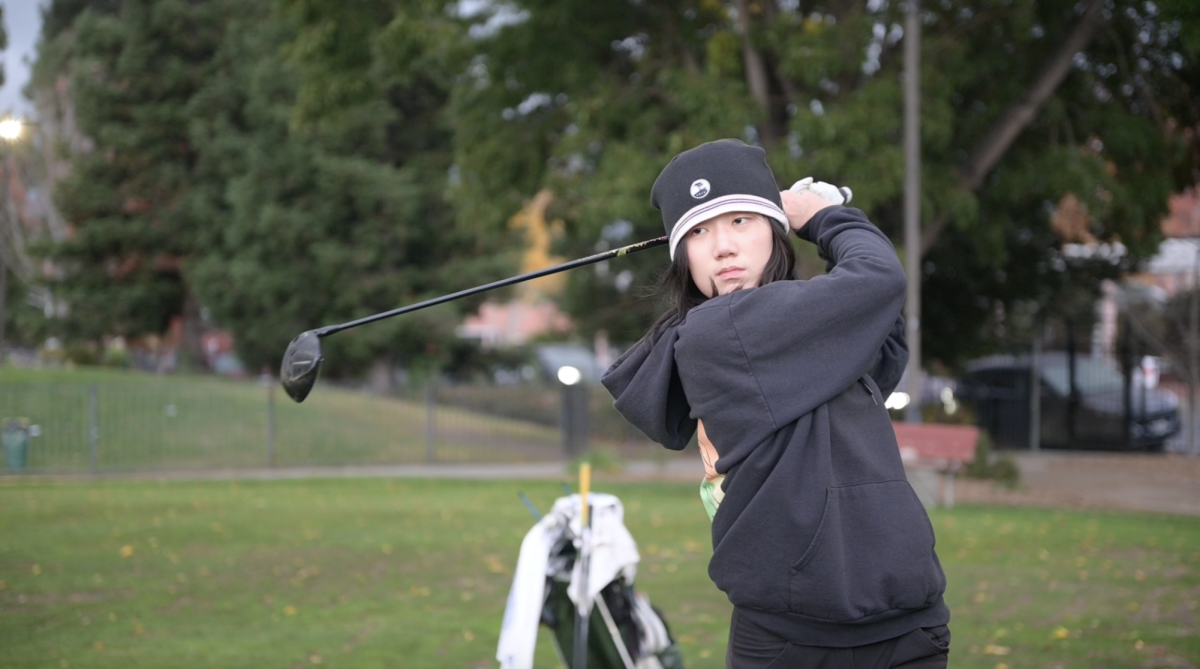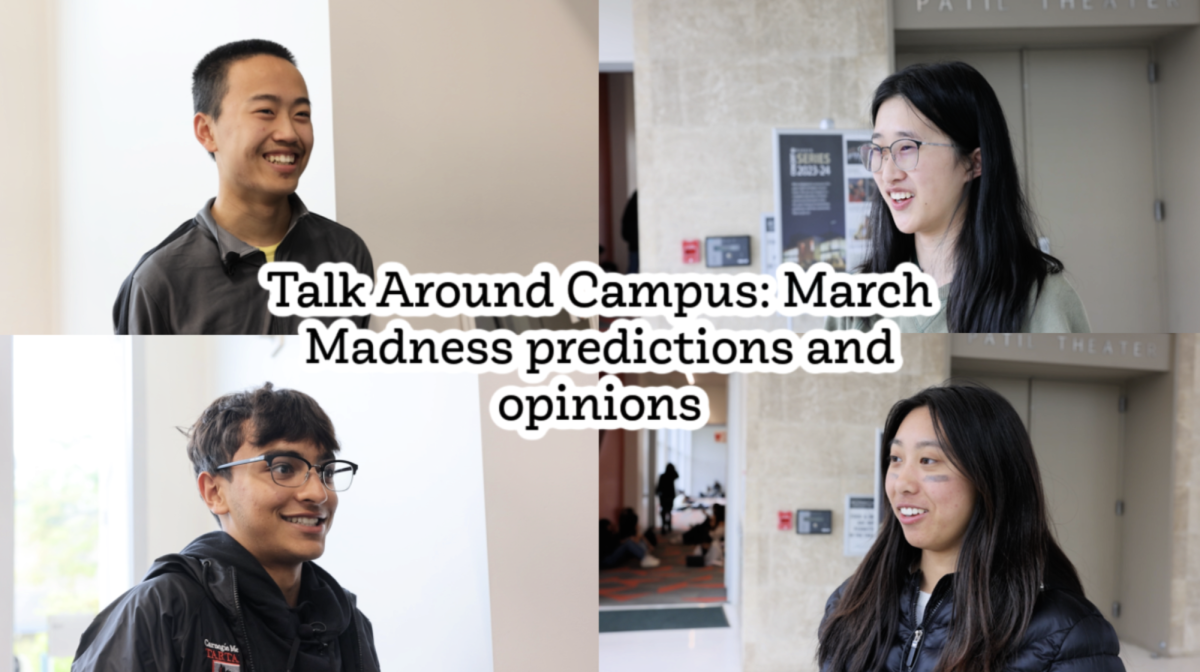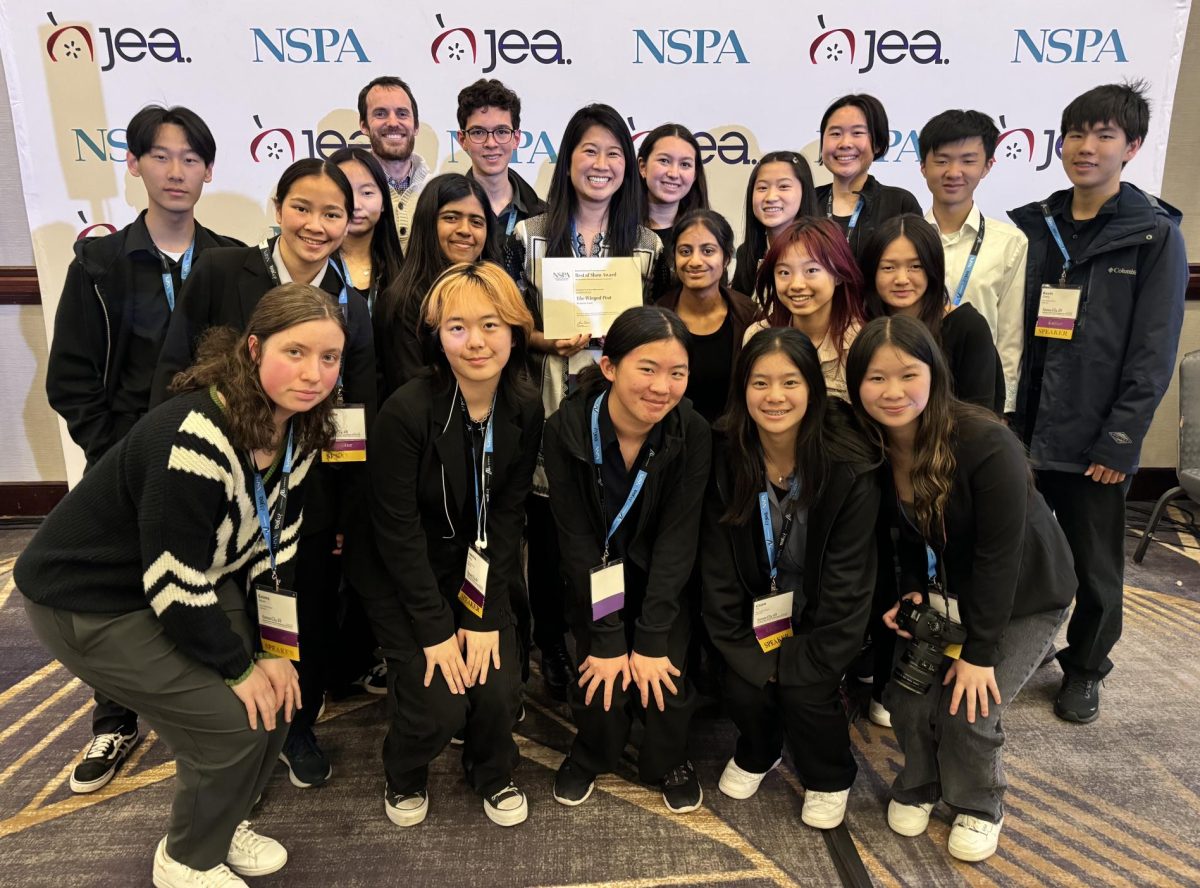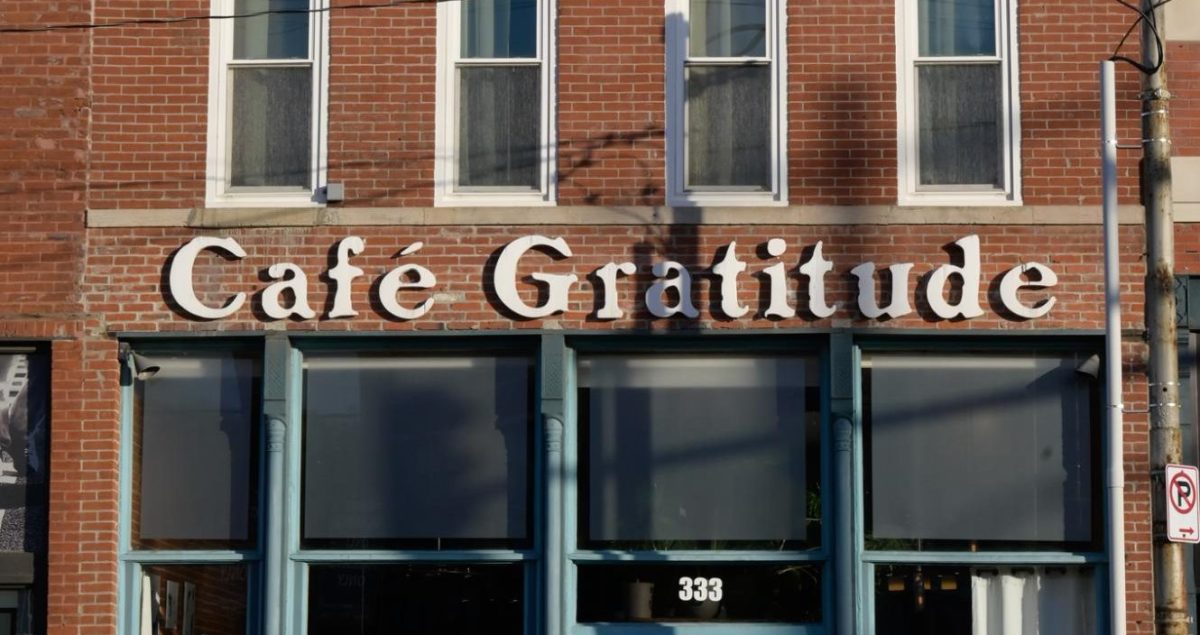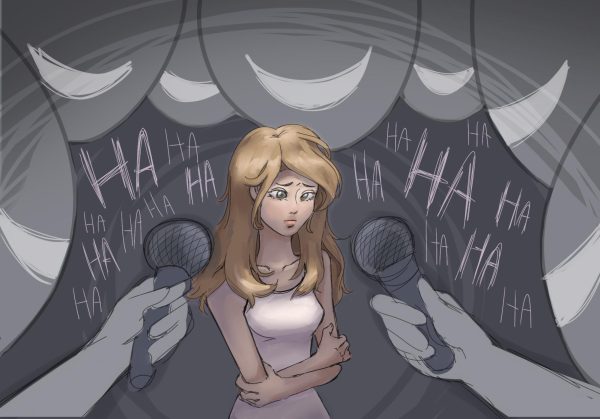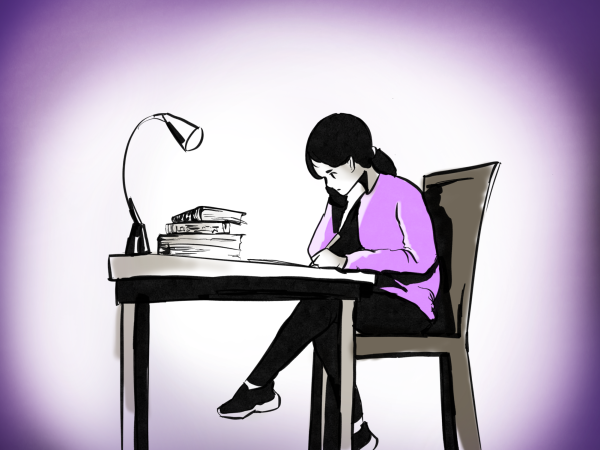New laws spin into motion
New laws were passed on Jan. 1, 2014 by Governor Jerry Brown that will affect California students.
Bicycles – Passing distance:
Starting Sept. 16, an updated law for bicycle passing distance, known as the “Three Feet for Safety Act”, mandates motorized vehicles to maintain a distance of at least three feet from a bicyclist moving in the same direction. The motor vehicle must slow to a “reasonable and prudent speed” if this distance is not possible.
Even if there is no collision, the motorist will be subject to a fine ranging from $35 to $200 for not following the law. The penalty can rise up to $1000 in the event of an injury.
This law is meant to create a safe environment and prevent disputes for pedestrians, cyclists, and drivers alike. However, it has created a controversy for motorists, as they will be the culpable party even if the bicyclist does not keep the appropriate distance.
HOV Stickers:
A new California law allows drivers of certain low and zero emission vehicles to use high occupancy vehicle (HOV) lanes even if the occupancy threshold is not met.
Drivers with pure zero emission vehicles are eligible for white clean air vehicle stickers, per AB 266. These stickers expire on January 1, 2019. People with cars that meet California’s Enhanced Advanced Technology Partial Zero Emission Vehicle expectations are eligible for a Green Clean Air Vehicle sticker, which also expires on January 1, 2019. Both stickers allow cars with a single occupant to use carpool lanes at any time of the day.
Transgender students:
A new California law, AB 1266, concerns treatment of transgender students in public schools. The law “prohibits public schools from discriminating on the basis of specified characteristics, including gender, gender identity, and gender expression, and specifies various statements of legislative intent and the policies of the state in that regard.”
Another stipulation of the law is that all forms of physical education must be equally available to both genders as well as transgender students. It allows transgender students to use facilities, such as bathrooms and locker rooms, and to participate on athletic teams that are consistent with his or her identity regardless of the student’s official biological record.
The law has been met with resistance from Supporters of Privacy for All Students, who have collected 620,000 signatures in favor of reversing AB 1266. County registrars are currently verifying signatures, as attorneys debate the timeliness of the signatures.
“I understand why there are a large amount of signatures and why people may have reservations because some people may be uncomfortable with an opposite sex in their bathroom or locker room,” said Sonali Netke (11). “But I do think that for sports teams people should go wherever they affiliate with, like if they view themselves as a girl they should be able to play on the girls soccer team.”
Common Core:
On October 2nd, Governor Jerry Brown signed the Assembly Bill (AB) 484, which replaces the current Standardized Testing and Reporting Program with the newly established California Measurement of Academic Performance and Progress (CalMAPP) assessment system.
According to the California Department of Education, “AB 484 calls for the transition to a system of assessments and assessment tools that cover the full breadth and depth of the curriculum and promote the teaching of the full curriculum.”
This new system is composed of comprehensive assessments and Common Core-related tests for english- language arts, mathematics, and grade-level science. These tests are scheduled to be implemented by the end of the 2014-2015 school year to evaluate the school’s performance for the next years.
Licenses:
Law AB 60 allows the DMV to issue drivers licenses to undocumented people (illegal immigrants). The new law entails that illegal immigrants will be required to take a written and driving test in order to receive a license to increase road safety.
The licenses will have the abbreviation “DP” meaning “driving privilege” rather than “DL” for driver license, and the law explicitly bans any discrimination based on the type of license.
The new licenses will be officially implemented in Jan. 1, 2015.
Teenage Texting:
Under SB 194, people under 18 cannot read, write, or send texts while d riving, even with a hands-free device. The goal of this law is to promote safe driving with inexperienced drivers.
This piece was originally published in the pages of the Winged Post on Jan. 27, 2014.
Trisha Jani is the news editor of The Winged Post. She is a senior and has been part of the journalism program since her freshman year. Her position on...

Megy Appalaraju (12) is the Sports Editor of Harker Aquila. This is her second year in the Harker journalism program. Her favorite part about journalism...































![Setter Emma Lee (9) sets the ball to the middle during the match against Pinewood on Sept. 12. “[I’m looking forward to] getting more skilled, learning more about my position and also becoming better friends with all of my teammates, Emma said.](https://harkeraquila.com/wp-content/uploads/2023/09/DSC_4917-2-1200x795.jpg)


































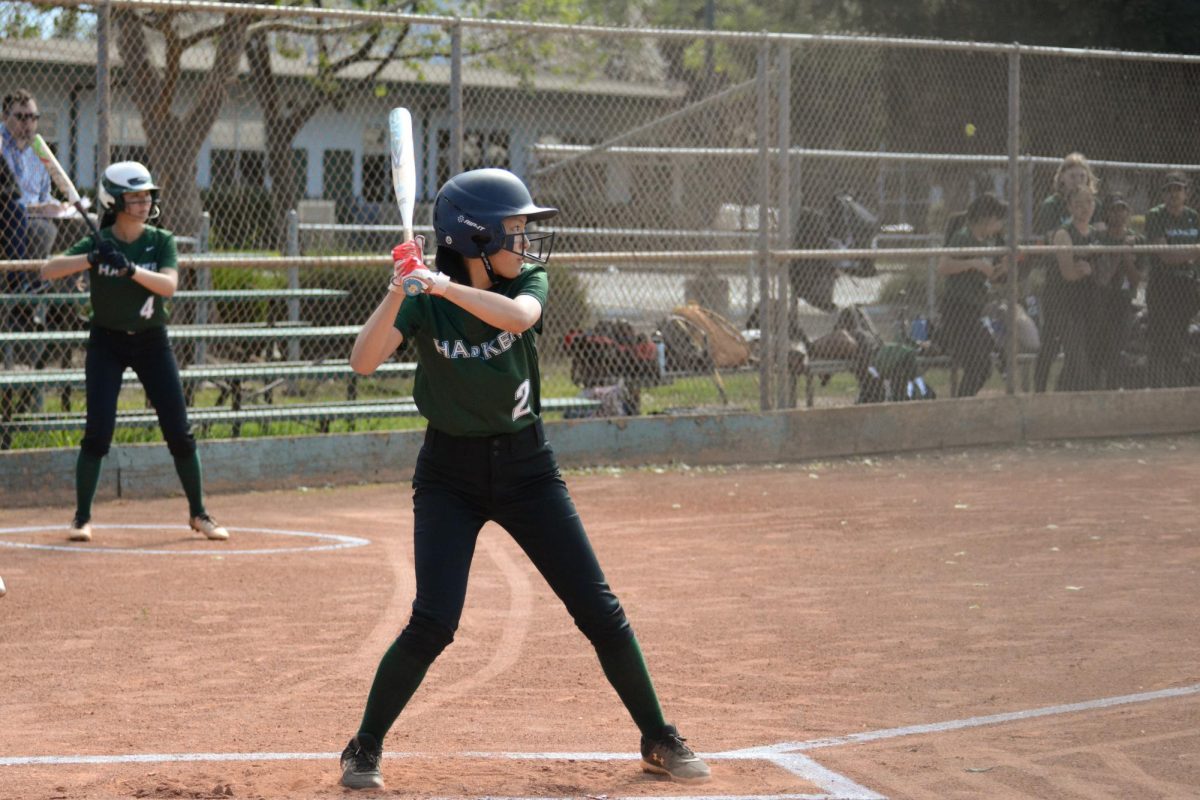





























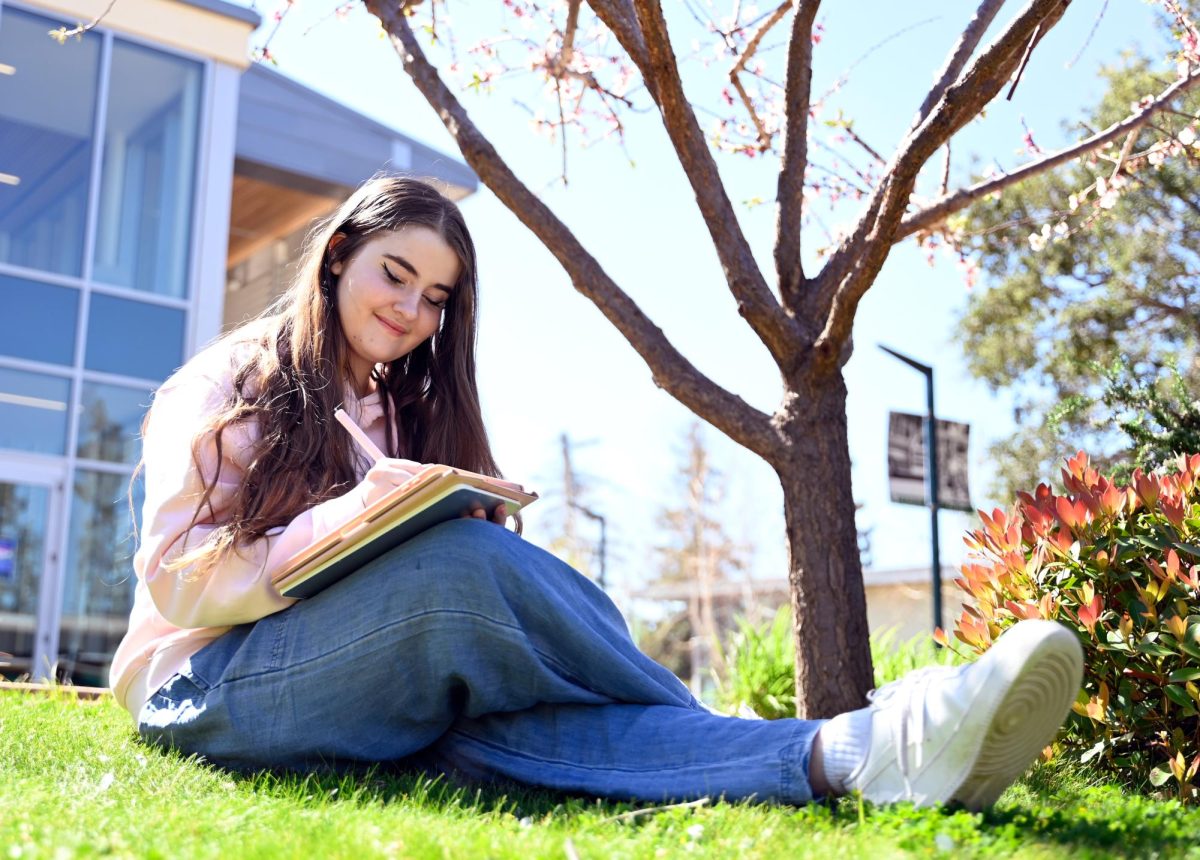


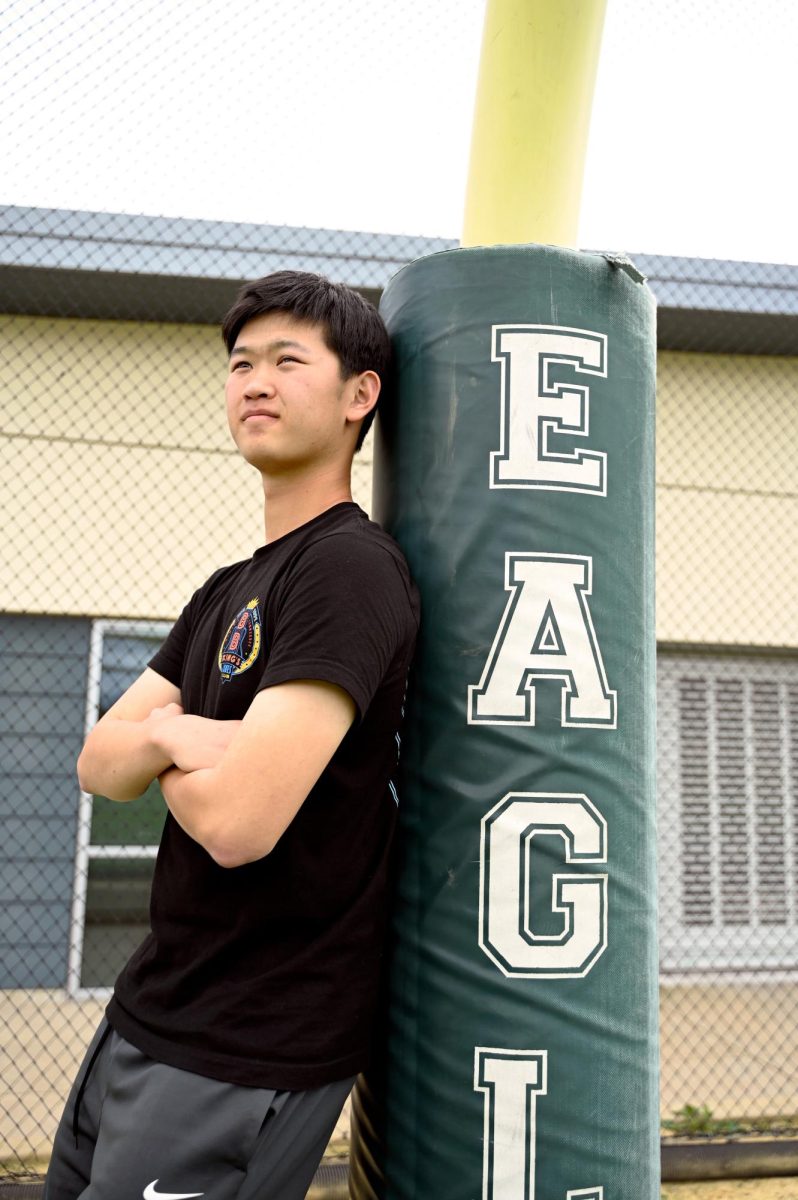










![“[Building nerf blasters] became this outlet of creativity for me that hasnt been matched by anything else. The process [of] making a build complete to your desire is such a painstakingly difficult process, but Ive had to learn from [the skills needed from] soldering to proper painting. Theres so many different options for everything, if you think about it, it exists. The best part is [that] if it doesnt exist, you can build it yourself, Ishaan Parate said.](https://harkeraquila.com/wp-content/uploads/2022/08/DSC_8149-900x604.jpg)


![“Animation just clicked in a way. I had been interested in art, but that felt different. [Animation] felt like it had something behind it, whereas previous things felt surface level. I wasnt making that crazy of things, but just the process of doing it was much more enjoyable, Carter Chadwick (22) said.](https://harkeraquila.com/wp-content/uploads/2022/08/Screen-Shot-2022-08-16-at-9.44.08-AM-900x598.png)


![“When I came into high school, I was ready to be a follower. But DECA was a game changer for me. It helped me overcome my fear of public speaking, and its played such a major role in who Ive become today. To be able to successfully lead a chapter of 150 students, an officer team and be one of the upperclassmen I once really admired is something Im [really] proud of,” Anvitha Tummala (21) said.](https://harkeraquila.com/wp-content/uploads/2021/07/Screen-Shot-2021-07-25-at-9.50.05-AM-900x594.png)



![“[Volleyball has] taught me how to fall correctly, and another thing it taught is that you don’t have to be the best at something to be good at it. If you just hit the ball in a smart way, then it still scores points and you’re good at it. You could be a background player and still make a much bigger impact on the team than you would think,” Anya Gert (’20) said.](https://harkeraquila.com/wp-content/uploads/2020/06/AnnaGert_JinTuan_HoHPhotoEdited-600x900.jpeg)

![“Im not nearly there yet, but [my confidence has] definitely been getting better since I was pretty shy and timid coming into Harker my freshman year. I know that theres a lot of people that are really confident in what they do, and I really admire them. Everyones so driven and that has really pushed me to kind of try to find my own place in high school and be more confident,” Alyssa Huang (’20) said.](https://harkeraquila.com/wp-content/uploads/2020/06/AlyssaHuang_EmilyChen_HoHPhoto-900x749.jpeg)













![“My slogan is ‘slow feet, don’t eat, and I’m hungry.’ You need to run fast to get where you are–you arent going to get those championships if you arent fast,” Angel Cervantes (12) said. “I want to do well in school on my tests and in track and win championships for my team. I live by that, [and] I can do that anywhere: in the classroom or on the field.”](https://harkeraquila.com/wp-content/uploads/2018/06/DSC5146-900x601.jpg)

![“I think getting up in the morning and having a sense of purpose [is exciting]. I think without a certain amount of drive, life is kind of obsolete and mundane, and I think having that every single day is what makes each day unique and kind of makes life exciting,” Neymika Jain (12) said.](https://harkeraquila.com/wp-content/uploads/2017/06/Screen-Shot-2017-06-03-at-4.54.16-PM.png)






